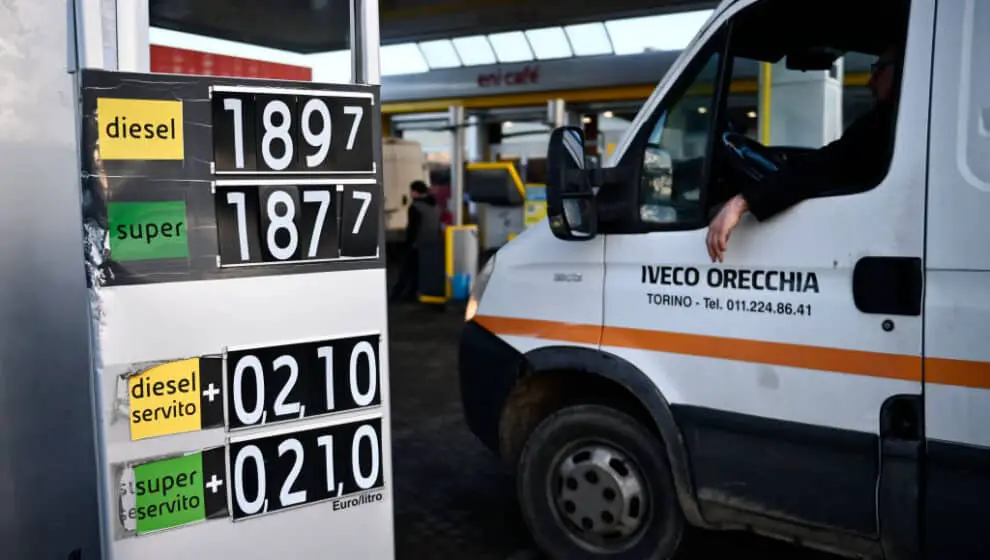One year after Russia’s invasion of Ukraine, Europe has largely avoided the predicted energy crisis, though consumers are paying much more for energy.
Key Details
- One year after Russia’s invasion, Europe has avoided any major energy disasters, and talks about rationing fuel have died down.
- The continent has shifted its fuel supply to Norway, Texas, and Qatar. Europe’s oil prices are now at comparable levels to before the invasion last year.
- The danger for Europe hasn’t passed, however. Two factors played a role in Europe avoiding disaster: decreased demand from China and a mild winter.
- At the same time Europe needed additional energy supplies, China enacted more COVID-19 shutdowns, leaving the country with a surplus of fuel. Europe was able to secure this excess fuel to supplement its depleted supply.
- While European winters can often be harsh, this year, most of the continent was met with a relatively mild winter—with warmer temperatures and fewer snowstorms that allowed residents to turn down the heat.
- This coming year, China has reopened, which means higher demand and lower fuel supply.
Why it’s news
As Europe withdrew from purchasing Russian oil and Russian officials restricted the limited supply, European leaders worried about energy shortages, and some predicted rolling blackouts and freezing homes during winter.
But predictions of an energy crisis didn’t come to pass, which may have lulled Europe into a false sense of security. This coming year could be the real test of Europe’s new energy suppliers.
European gas future prices remain at $53 per megawatt-hour—more than double the prices of two years previously. The markets have calmed down, but consumers are still paying high fees. Some analysts predict that these elevated prices will remain as Europe now competes with China for fuel, The New York Times reports.
Though utility prices remain elevated, some relief could come for consumers as European inflation lessens. The existing energy price cap in the UK could fall this year to half of its current rate, according to investment bank Investec’s analyst Martin Young.
Current arrangements have supplied European countries with sufficient energy, but many have avoided agreeing to long-term contracts with the U.S. The aversion to signing contracts is related to Europe achieving its carbon-neutral goals.
Europe may not have escaped the danger of an energy crisis yet, but it is better positioned to weather the difficult season this year than last year. New fuel resources outside of Russia have given Europe a more diverse and secure energy supply.
Countries such as Germany have also built up their means of receiving fuel. Before the invasion, Germany had no liquified natural gas facilities. Now it has three and plans to install three more this year. Other European countries like the Netherlands have taken similar steps.
Citizens have also adapted to require less fuel by replacing gas-powered boilers with heat pumps and wood-burning stoves. However, this year will tell if these adaptations will be permanent.
